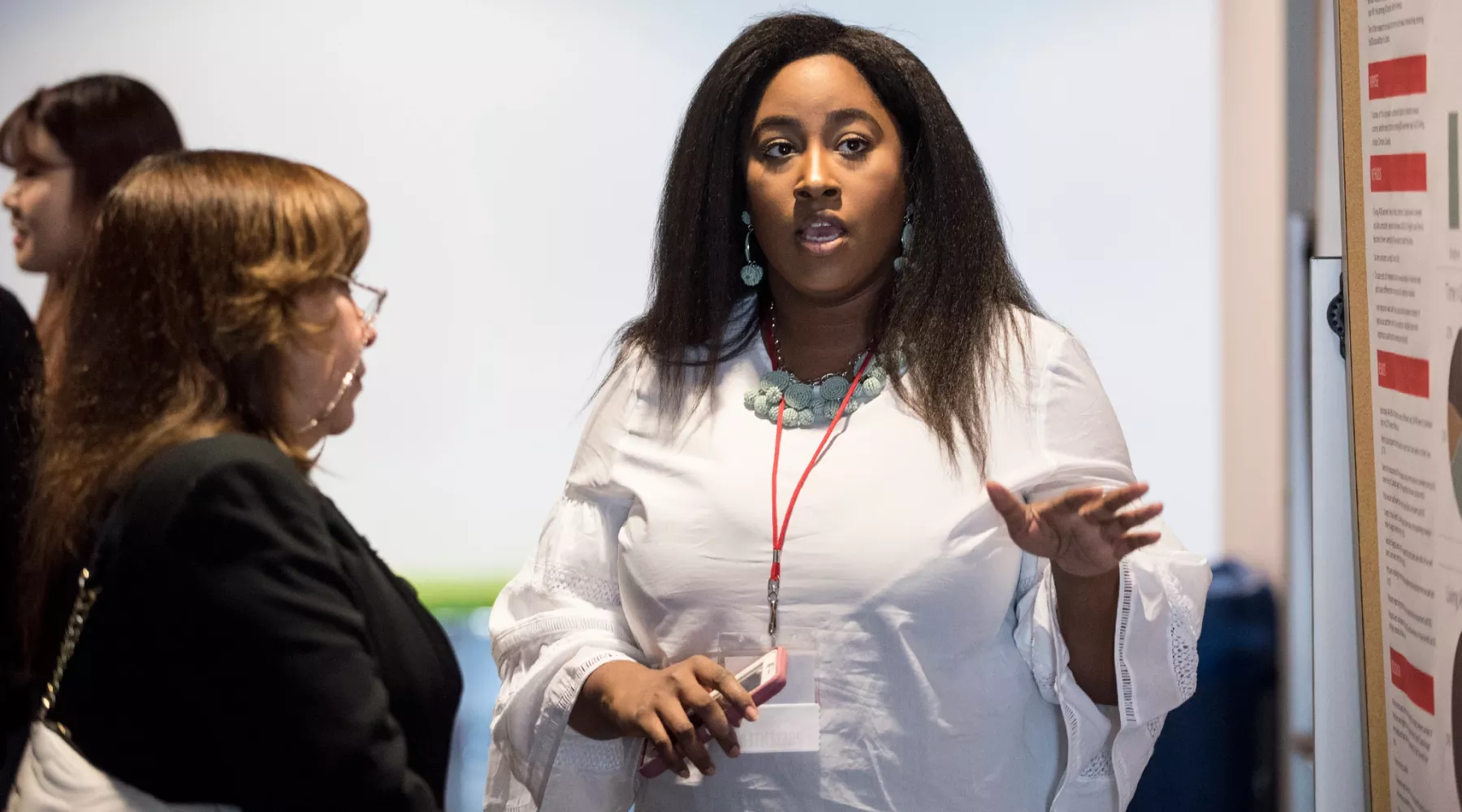
Research Interest Groups
Sidebar
Health Equity, Population and Community Health RIG
Reduce and ultimately eliminate the systemic and structural inequities that place some at an unfair, unjust, and avoidable disadvantage in attaining their full health potential. Research addresses critical challenges that shape health within and across populations and communities.
Population and community health research focuses on factors that shape the distribution of health within and across populations/communities, examines pathways/mechanisms through which these factors shape the health of individuals, or examines interventions and other approaches to improve the health of populations/communities. These include interventions that are developed in partnership with communities in medically underserved areas of Kentucky, and the education of nurse practitioners from diverse populations, including underrepresented minorities and those from disadvantaged backgrounds.
School of Nursing faculty special interests:
Molly Aleshire – Health disparities, cancer screening/prevention for minority populations, and utilizing a community-engaged approach to promote health for disadvantaged groups
Luz Huntington-Moskos - Air quality and asthma in adolescents, community-engaged research, and rural exposure to environmental factors (metals, extreme weather, climate change, etc).
Mental Health and Health Promotion RIG
Identify effective approaches to improve mental health and quality of life by addressing the conditions in which people are born, grow, learn, play, live, and age, and their structural drivers.
School of Nursing faculty special interests:
Ratchneewan Ross – Mental health of culturally diverse, complex and vulnerable populations. Expert in mixed methods research, associations between HIV and stigma, international collaborations in Brazil, Thailand and Ghana
Sally Martens – emotional intelligence, resilience, and sibling caregivers of children with chronic diseases
Patient Safety and Systems/Models of Care RIG
Changes in nursing resources and practice over time within hospitals are related to changes in quality of care and patient safety. Administrators and policymakers must consider this information when determining ways to improve healthcare, patient safety and improve quality of care.
School of Nursing faculty special interests:
Imelda Wright – Normalization of deviance, and operating room safety and culture
Said Abusalem – Culture of patient safety and primary care.
Candace Harrington – Gerontology Nurse Scientist, risk and autonomy in older adults with mild cognitive impairment, and social determinants of health of caregivers of patients with AD/ADRD
